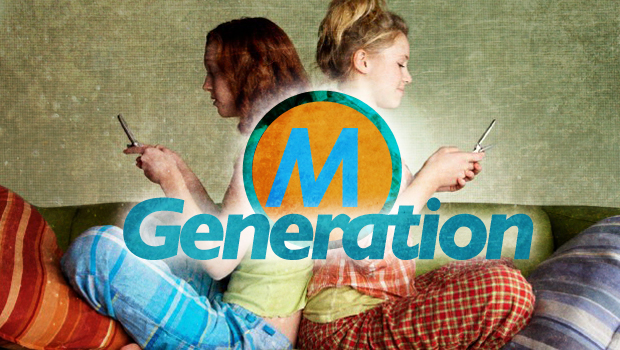
"Generation M"
Thomas Keith
I think this movie was really interesting and sort of an "eye-opener" in the sense that you don't really think about how much the media impacts literally everything around you. Obviously, the focus is more about sexism and the way women are portrayed, but even on a bigger scale, media influences every aspect of life and it's weird how little we actually think about it. The portrayal of women (in both movies, music, television, and even magazines) is so sexually based, in part because of the fact that it's really what "sells" and gets the attention of most people. However, I don't necessarily think this is a fair way to go about it. The thing is, unless people start to realize how the media is really acting and take a stand to change the issues around them, nothing is going to change.
I think this movie was really interesting and sort of an "eye-opener" in the sense that you don't really think about how much the media impacts literally everything around you. Obviously, the focus is more about sexism and the way women are portrayed, but even on a bigger scale, media influences every aspect of life and it's weird how little we actually think about it. The portrayal of women (in both movies, music, television, and even magazines) is so sexually based, in part because of the fact that it's really what "sells" and gets the attention of most people. However, I don't necessarily think this is a fair way to go about it. The thing is, unless people start to realize how the media is really acting and take a stand to change the issues around them, nothing is going to change.
And at the same time, women follow these "guidelines" to try and fit in and allow themselves to become engrossed in the whole social expectations. I'm not sure what the solution is, but I know more people need to realize how things are.
Video: The above video talks about the way women are portrayed in the media (I believe last year or the year before) and while acknowledging that some things were positives, there are still way too many negatives.
Question: So what do you guys think might be a reasonable solution to this problem? Or at least something to get the conversation started?

